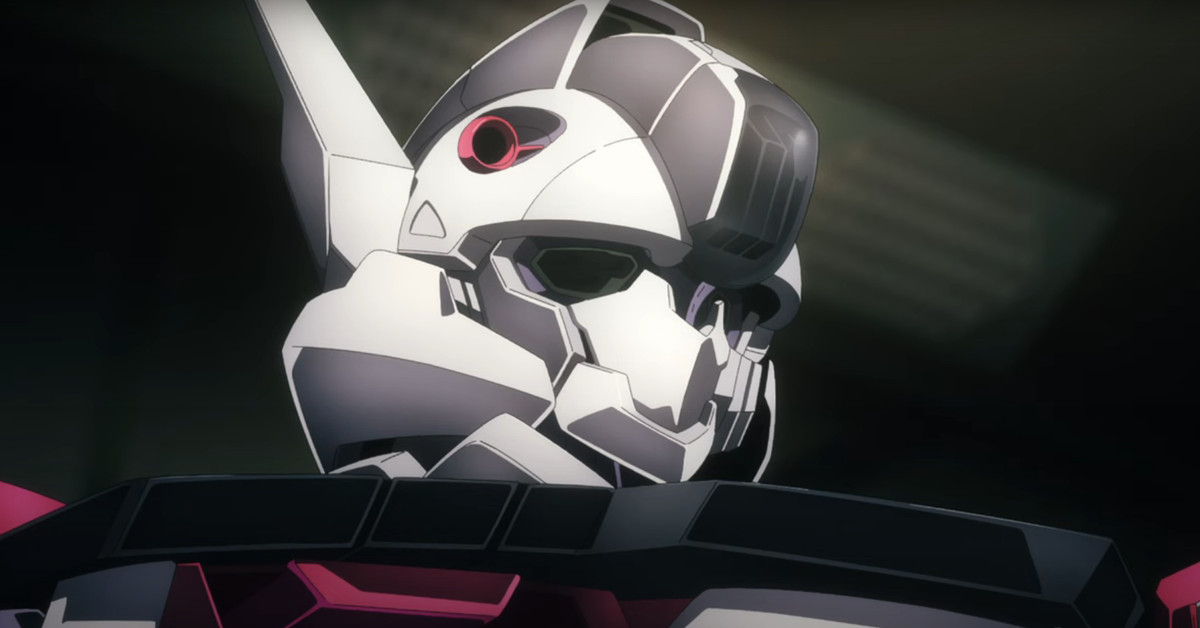Democracy in West Africa has come under threat barely two weeks into the start of 2022 and the new French EU presidency, putting pressure on President Emmanuel Macron (pictured) to demonstrate his resolve to make Africa a pillar of the EU’s foreign policy, writes Louis Auge.
In December, Macron spoke of how he will make relations with Africa “a priority” of France’s six-month term at the helm of the EU. Central to this approach was the belief that a new “true Africa-Europe security partnership” could improve stability, and therefore provide room for economic growth and governance to flourish.
Since its start on 1 January, France’s new presidency has, however, immediately confronted several events in West Africa alone that call for a strong EU response, testing France’s ability to show leadership in a region where its strength has been in decline over the last decade.
A recent wave of attempted and successful coups d'état has swept through the Central African Republic, Mali, Sudan and Guinea. The situation is so concerning that Annadif Khatir Mahamat Saleh, the UN Special Representative and head of the UN Office for West Africa and the Sahel (UNOWAS), told the Security Council this resurgence, particularly in West Africa, “is often the consequence of political practices that are completely out of step with the aspirations of the populations.”
This raises the question of the nature of the role of Macron and the EU in support of democracy the region. The EU has set aside EUR 9 billion for investments in programmes to develop governance, peace and security in Sub-Saharan Africa between 2021-24. Yet other international partners, including regional body Economic Community of West African States (ECOWAS) and the US, are taking more active roles in protecting democratic freedoms and the aspirations of local populations, while doing what they can to curtail corrupt political practices.
In Mali, the military junta under Colonel Assimi Goïta has declared that the Sahel country – a former colony of France – will be under military rule for the next five years as it seeks (with the help of Russian mercenaries) to stabilise the deteriorating security situation.
ECOWAS under Ghanaian President Nana Akufo-Addo has made clear that elections scheduled for this February should not be delayed until 2025; ECOWAS issued a strong response, intending to close their borders with Mali, sever diplomatic ties and impose tough economic sanctions in response to this "unacceptable" delay.
The EU’s response under Macron has so far been muted. A framework was put in place in December that allowed the EU to autonomously impose restrictive measures against those obstructing the political transition in Mali. However, this new sanctions capability has yet to be deployed in support of the ECOWAS measures, despite Macron’s leadership of recent international protests at Russian military entry into the landlocked nation.
The worst outcome for the EU would be for Mali to turn into another Guinea, whose junta has remained in place since the September coup despite international pressure. Even with the weight of the EU presidency now behind him, Macron cannot expect France’s policy of inaction in Guinea to yield a different result in Mali.
While the Sahel may be making the headlines, EU attention must focus on several other West African nations where governance, democracy and security are being challenged.
While Liberia can sometimes be overlooked by Western analysts, its unique relationship with the US and its status as Africa’s oldest democratic republic mean that it has been seen as a bell-weather for the strength of democracy in the region. Last week, the strength of its democratic institutions came under scrutiny when an opposition politician likely to be the main challenger to President George Weah in the 2023 presidential elections was arrested for criminal conspiracy. Alexander B Cummings, a former senior executive at Coca Cola, has been putting pressure on the government’s economic record and campaigning heavily on an anti-corruption ticket. A leaked WhatsApp exchange implicating government involvement in the case has led to both international and domestic criticism of the politicisation of the judiciary.
The Weah government has come under increased scrutiny in recent months. The US recently issued sanctions on Weah-backed former warlord, Prince Yormie Johnson, for corruption in Liberia, stating that he had worked with government ministries and organisations for personal enrichment. With ECOWAS also understood to be examining the situation, the EU’s Macron-led revived approach to Africa faces a test to see whether it too can join its international partners in holding the Weah regime to account.
Macron must lead the EU to join its international partners in supporting democracy and its institutions across West Africa and the wider continent – whether major emergencies like in Mali or clear abuses of process like in Liberia. Starting with the EU-Africa Summit in February, the French President has the opportunity to position the EU as a strong partner not just to African nations but to international partners looking to bolster the democratic system, which is under increasing threat.
Share this article:




 English (US) ·
English (US) ·